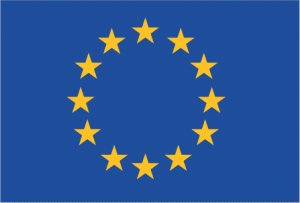EU hails PH’s ‘preparedness’ against ‘Pablo’

Officials of the European Community Humanitarian Office (Echo) on Friday cited an improvement in the government response, saying that it ”saved a lot of lives,” compared with what was seen a year ago when Storm Sendong devastated parts of Mindanao, also days before Christmas.
Echo officials in the Belgian capital, host city of EU institutions, said also that a team from its Bangkok office flew to Davao on Friday to assess how it can help in the emergency relief effort. The team is expected to make a report to Brussels on Sunday.
“When Bopha (the typhoon’s international name) or Pablo hit, I think the government was more prepared than it had been in the past,” said Jenny Correia Nunes, Echo’s team leader for Southeast Asia.
Nunes was referring mainly to the preemptive evacuation of residents in areas that were in Pablo’s path.
Dominique Gryn, Echo’s desk officer for the Philippines, added: “Today the technology is so sophisticated that we can actually predict very precisely when and where the landfall will hit. And in the Philippines we’ve seen that the preparation that the government made in anticipation of the storm in Mindanao has been extraordinary. And that has saved a lot of lives in itself.”
“And we have a clear comparison that we can draw with last year’s ‘Washi’ (international name of Sendong) which hit very similar areas and the devastation caused was much larger. Of course we’re still seeing what the impact of Bopha is; we have to be careful not to underestimate the damage. But still we can already say that the disaster awareness and preparedness had saved a lot of lives already,” she added.
Asked how she could still make this positive assessment despite Pablo’s death toll climbing to over 300 and with about an equal number of people still missing as of Friday, Gryn replied: “Yes, the death toll is rising; nobody is countering that. What we’re only saying now is that the government has taken certain measures that probably saved a lot of lives. We know this because a year ago the death toll was a lot higher.”
Gryn said Echo’s partner nongovernmental organizations in the region had also “prepositioned” themselves before the storm made landfall in the areas expected to be hit, and had begun assessing where the EU could help.
She said the EU’s assistance could fill “gaps” in the government-led relief effort.
The Echo officials spoke in a briefing with Southeast Asian reporters who were in the Belgian capital on an EU-hosted press tour.
The EU poured in some 7.6 million euros to assist storm- or flood-affected people in the Philippines in 2011. This year, it released 700,000 euros for communities affected by the floods that hit Luzon in August.
